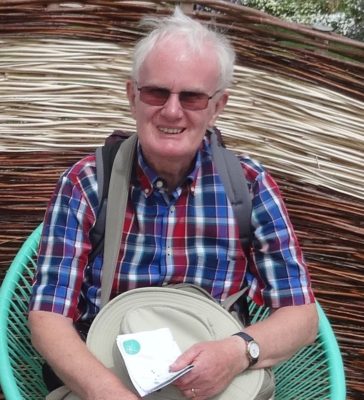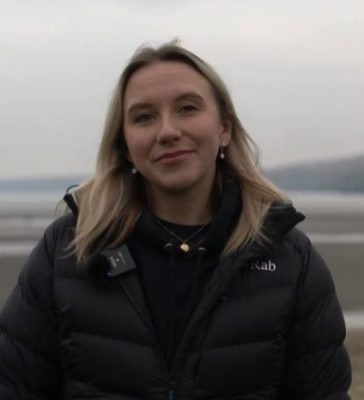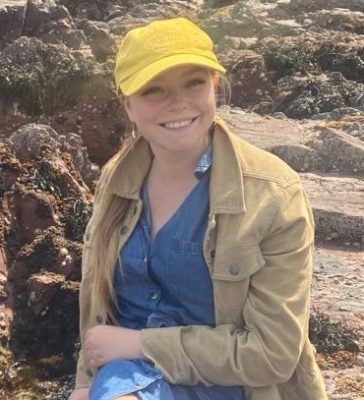
Norman G Leigh
Current Employer/Organisation Name
The British Council (retired 2002)
What have you been doing since leaving Exeter, and what are you doing now?
I joined the BC directly after graduating and worked with them for 33 years including London, Manchester Yorkshire and two spells in Africa. I took early retirement because of my hearing disability and we subsequently settled in Germany, the country of my wife’s origin.
Why did you choose this career? And what do you enjoy most about your work?
I first encountered the BC at Exeter, where the BC recruited a panel of existing students as guides to newly arrived international students. I most enjoyed the variety of cultural, educational and international development work available.
Please tell us if you were a member of any societies, groups or sports clubs?
University Orchestra (played double bass). I also drove the University minibus and thus took part in the excursions of many sporting and cultural groups.
What did you enjoy most about your programme and what was the biggest highlight?
I was lucky the that Dept of Classics at that time worked informally with other arts and languages Depts. My greatest interest in my chosen subject was in classical history and archaeology.
What did you enjoy most about studying here?
Location and unstressed atmosphere. Exeter is a relatively compact city lying in a valley so easy to feel part of.
Why did you choose to study at Exeter?
Rural location. A different area of Britain to my schooldays. Never regretted this choice!
What skills and experiences have been most useful for your career?
Dealing with a variety of international people. But also technical skills like preparing and delivering presentations; reacting and speaking spontaneously on public occasions.
What advice would you give to a current student who wishes to pursue your career?
The British Council, like the rest of the world, has changed beyond recognition since I joined it. But the core piece of advice would be to take a large variety of people – some of whom you will find difficult – as you find them, and be interested in the whole range of the BCs activities. Best not to be a one-stream specialist. The stream can easily turn into a cul-de-sac!
What are your plans for the future?
Now retired and settled in Germany, whose (additional) citizenship I have taken as a defence against Brexit(!). I have worked together with my wife Sabine, a qualified language teacher, with a number of church and voluntary organisations , including assistance to refugees.(I’ve ticked the disability box below, because I am now Registered Disabled in Germany with a progressive hearing loss, the shadow of which was first noticed at a medical in Exeter.)

